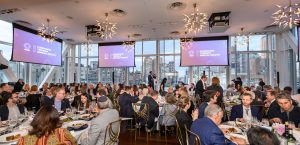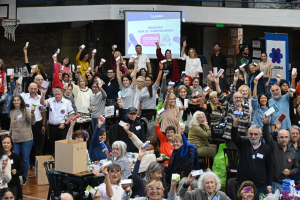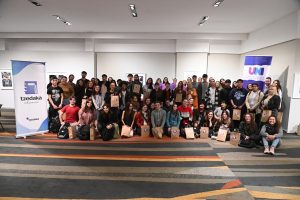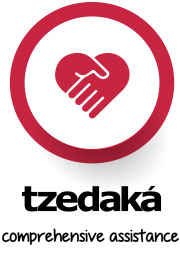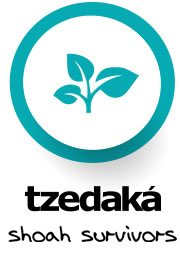The most vulnerable people are more drastically affected by the pandemic. Fundación Tzedaká continues working in order to guarantee they can have access to what they need.
The needs of those people who were already receiving assistance have escalated exponentially. Before the quarantine began, the average income per family in our Educative Programs was ARS 26,248, which is far below the basic food basket. This income was mostly from informal sources and became interrupted abruptly, leaving most families in a vulnerable state. Tzedaká reinforced its food aid for these families, and began delivering packed lunches for our senior adults.
Our social assistance centers, which only provided attention in-person, are now working online. One of the centers remains physically open, and it is through it that the logistics for the distribution of medicines, diapers and other kinds of aid are managed.
The Educational Programs continues working virtually. Kids are being mentored with their homework, which is also sent through pictures to the cell phones of those who have no computer access, and parents are also being supported. 40% of the students enrolled in our IDEA Program have no computer, and half of them do not have an Internet connection either. For that reason, it is critical to provide this kind of assistance.
Holocaust Survivors continue carrying out all of their workshops, in online form. It is exciting to see how these people, despite their age, manage to carry on with their theatre courses, literary exchanges, choir exercises, and weekly encounters with their peers through their phones or computers.
The whole team at Tzedaká is working for all of them, in order to meet the needs of those who are going through a difficult time due to the current context.

